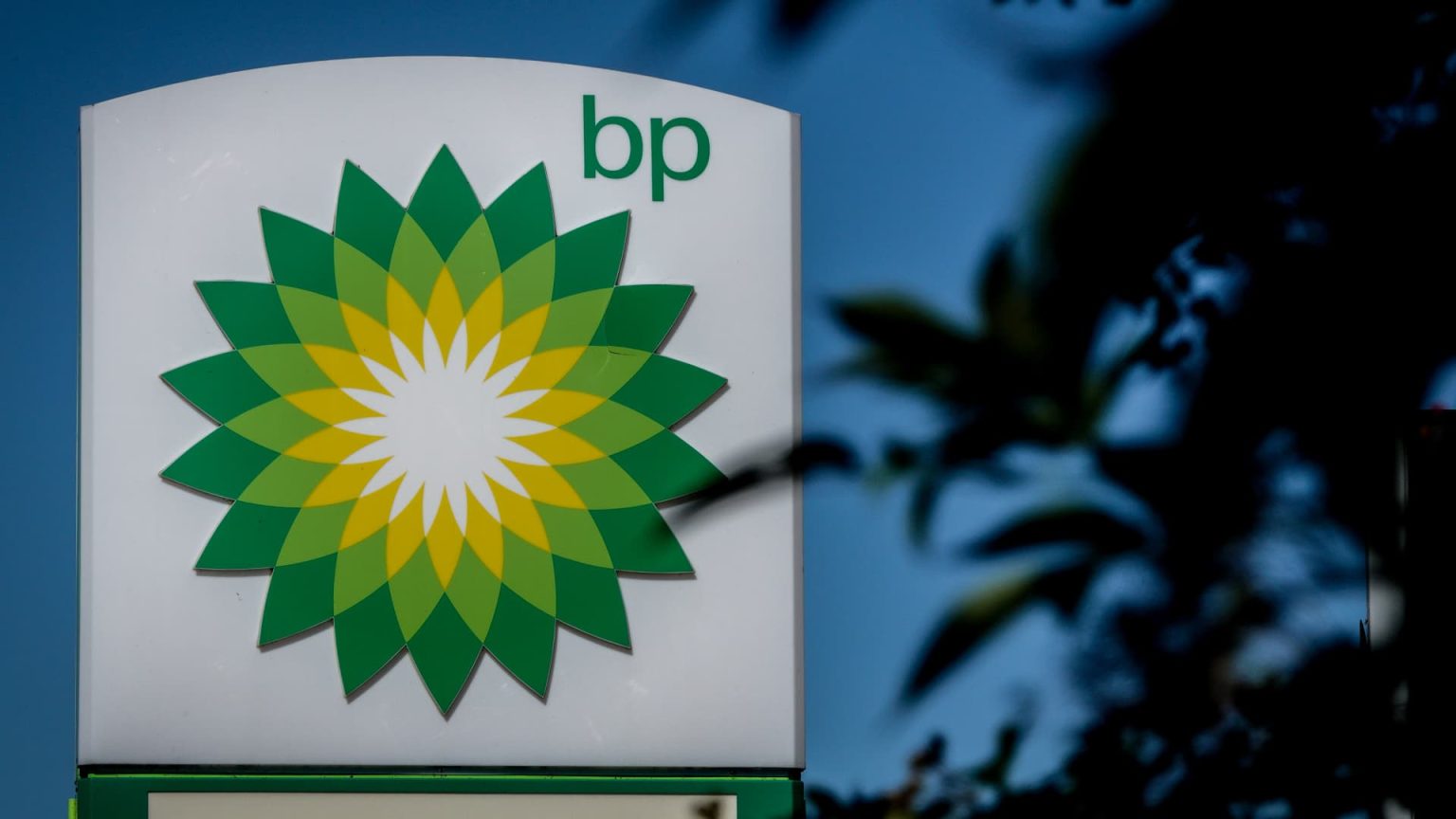British oil giant Shell has firmly stated it has “no intention” of pursuing a takeover of its rival BP, reiterating its commitment to focusing on capital discipline. This announcement arrives in the wake of speculation from media sources claiming Shell was holding initial talks regarding an acquisition valued at approximately $80 billion. Despite BP’s current challenges, which have made it a target for potential takeovers, experts remain skeptical about the viability of a merger between these two energy giants.
| Article Subheadings |
|---|
| 1) Shell’s Denial of Takeover Talks |
| 2) BP’s Current Situation |
| 3) Analyst Perspectives on a Shell-BP Merger |
| 4) Potential Regulatory Concerns |
| 5) Market Response and Shareholder Expectations |
Shell’s Denial of Takeover Talks
In a recent statement, Shell has unequivocally denied any intentions to make a formal offer for BP, amidst rampant speculation and reports suggesting otherwise. The Wall Street Journal had reported that Shell was engaged in preliminary discussions regarding a potential acquisition valued at nearly $80 billion. In response, a Shell spokesperson reaffirmed the company’s focus on capital discipline and dismissed the notion of talks taking place. This denial underlines Shell’s strategy to clarify its position and manage its corporate reputation in a turbulent market.
BP’s Current Situation
BP is currently navigating a crisis characterized by prolonged underperformance compared to its competitors. The company has emerged as a prime candidate for a takeover, primarily driven by its efforts to recover investor confidence after a series of disappointing financial results. Earlier this year, BP initiated a strategic reset aimed at revitalizing its market standing and operational efficiency. However, recent quarterly earnings failed to meet expectations, leading to concerns about management’s effectiveness in executing this new strategy. CEO Murray Auchincloss has publicly declared that the firm is “off to a great start,” even as it faces challenges in stabilizing its share price.
Analyst Perspectives on a Shell-BP Merger
Energy analysts express a range of opinions regarding the implications of a potential merger between Shell and BP. While some see potential advantages, they highlight significant hurdles. Allen Good, director of equity research at Morningstar, noted that the merits of a Shell-BP tie-up may not justify the pursuit unless the valuation presents unique advantages. He suggests that a combination could be beneficial for Shell if it can streamline operations and enhance efficiencies. However, he also emphasized that absent any attractive valuation, the deal might not alleviate Shell’s growth issues nor improve its market position.
Potential Regulatory Concerns
Further complicating the discourse surrounding a potential merger are anticipated regulatory challenges and the potential job losses that such a deal might incur. Analysts, including Russ Mould from AJ Bell, indicated that integrating the two firms poses significant complexities, driven not just by operational overlaps but also by cultural differences. Shell’s rejection of a bid helps it adhere to its well-defined capital allocation policy. Mould remarked that, while a strategic rationale might exist for a merger on valuation grounds, navigating the complexities of integration would be an arduous task.
Market Response and Shareholder Expectations
Following the rumors of a takeover and Shell’s subsequent denial, there was a notable market reaction. Shell’s share price experienced a modest increase of nearly 1% on Thursday morning, recovering from a dip attributed to speculative chatter surrounding the BP deal. The stock is on track for an increase of over 4% for the current year, which reflects investor confidence in Shell’s operational strategy. Market experts assert that by quelling these takeover discussions, Shell is providing reassurance to its shareholders, refocusing attention on its growth strategy rather than on speculative mergers.
| No. | Key Points |
|---|---|
| 1 | Shell has denied any intentions to acquire BP, emphasizing a focus on capital discipline. |
| 2 | BP is dealing with underperformance and is attempting to restore investor confidence through strategic changes. |
| 3 | Analysts are skeptical about the value of a merger, suggesting significant operational and cultural hurdles. |
| 4 | Potential regulatory challenges and job losses are key concerns should a merger take place. |
| 5 | Market reactions indicate a slight recovery in Shell’s stock following the denial of takeover rumors. |
Summary
Shell’s firm denial of takeover discussions with BP reflects its ongoing strategy of prioritizing stability and capital discipline amid industry fluctuations. As BP struggles with its own market challenges, the speculative dialogue surrounding a potential merger highlights the complexities of the energy sector. This situation underscores the need for firm leadership and strategic vision among energy companies to navigate the turbulent landscape while considering shareholder interests and regulatory frameworks.
Frequently Asked Questions
Question: Why is BP considered a prime candidate for a takeover?
BP has been facing prolonged underperformance compared to its competitors, prompting speculation that acquiring it might offer strategic advantages for rival companies.
Question: What challenges would a Shell-BP merger face?
Significant challenges include cultural differences, regulatory hurdles, and the complexities of integration that could result in job losses.
Question: How did Shell’s stock respond to the acquisition speculation?
Shell’s stock experienced a recovery, rising approximately 1% following the company’s denial of the takeover talks, suggesting that investors may prefer clarity over speculation.


